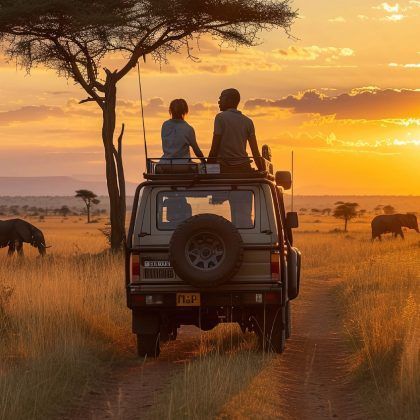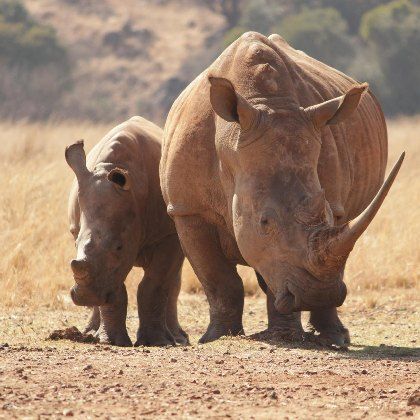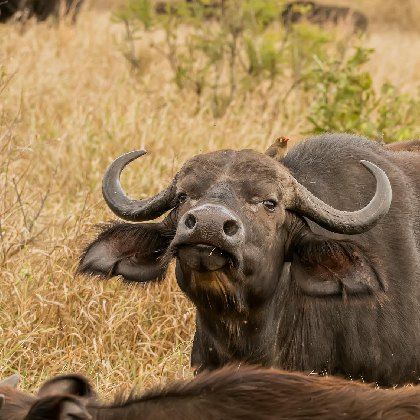
How To Choose A Wildlife Conservation Training Program?
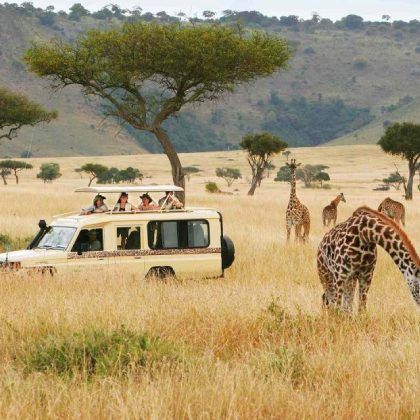
Embarking on a journey into wildlife conservation is an exciting and rewarding decision. The right training program can pave the way for a fulfilling career dedicated to preserving our natural world.
In this guide, we'll explore how to select a wildlife conservation training program that aligns with your passions and career aspirations. We'll delve into understanding your interests, evaluating program credentials, and the importance of practical experience.
Determine Your Conservation Interests
The field of wildlife conservation is broad, encompassing various specializations such as habitat restoration, species monitoring, and environmental education. Identifying your specific interests is a crucial first step in choosing a training program. Consider what aspects of conservation ignite your passion—is it working directly with animals, engaging with communities, or conducting research?
Understanding your personal interests helps narrow down programs that focus on those areas. For instance, if you're keen on hands-on work with wildlife, seek out programs that offer extensive fieldwork or opportunities to interact with animals in their natural habitats. Aligning your interests with the program's offerings ensures a more engaging and motivating learning experience.
Moreover, reflecting on your long-term career goals can guide your decision. Whether you aspire to work in wildlife management, conservation advocacy, or environmental policy, choosing a program tailored to those objectives will provide the relevant skills and knowledge you need to succeed.
Evaluate Program Accreditation and Reputation
Accreditation is a key factor when selecting a wildlife conservation training program. Accredited programs meet established standards of quality education, which can significantly impact your future employment opportunities. Ensure that the program is recognized by relevant educational authorities or conservation organizations.
Researching the program's reputation can also provide valuable insights. Look for reviews or testimonials from former students to gauge their experiences. A program with a strong reputation often indicates a high level of instruction, excellent resources, and successful alumni. This can enhance your networking opportunities within the conservation field.
Additionally, investigate the qualifications and expertise of the instructors. Experienced professionals with a solid background in wildlife conservation can offer practical insights and mentorship. Their connections in the industry can also open doors for internships and job placements after completion of the program.
Consider Practical Experience Opportunities
Practical experience is essential in wildlife conservation training. Programs that offer hands-on learning through fieldwork, internships, or collaboration with conservation projects provide invaluable real-world skills. This exposure not only enriches your understanding but also makes you more competitive in the job market.
Engaging directly with wildlife and their habitats allows you to apply theoretical knowledge in practical settings. Look for programs that include activities such as wildlife monitoring, habitat assessment, and conservation management strategies. These experiences can deepen your appreciation of the challenges and rewards of conservation work.
Furthermore, practical opportunities often lead to professional networking. Building relationships with practitioners and organizations during your training can lead to future job opportunities. Programs with strong links to conservation initiatives or reserves offer a platform to showcase your skills and commitment to potential employers.
In Conclusion
Choosing the right wildlife conservation training program involves careful consideration of your interests, the program's accreditation and reputation, and the practical experiences offered. Aligning these factors with your career goals will set the foundation for a successful and fulfilling journey in wildlife conservation.
At Kukama Wildlife College, we're dedicated to empowering future conservation leaders. If you're ready to take the next step, consider joining our comprehensive wildlife conservation courses. Get a free quotation or sign up today to embark on your path toward making a real difference in preserving our natural heritage.

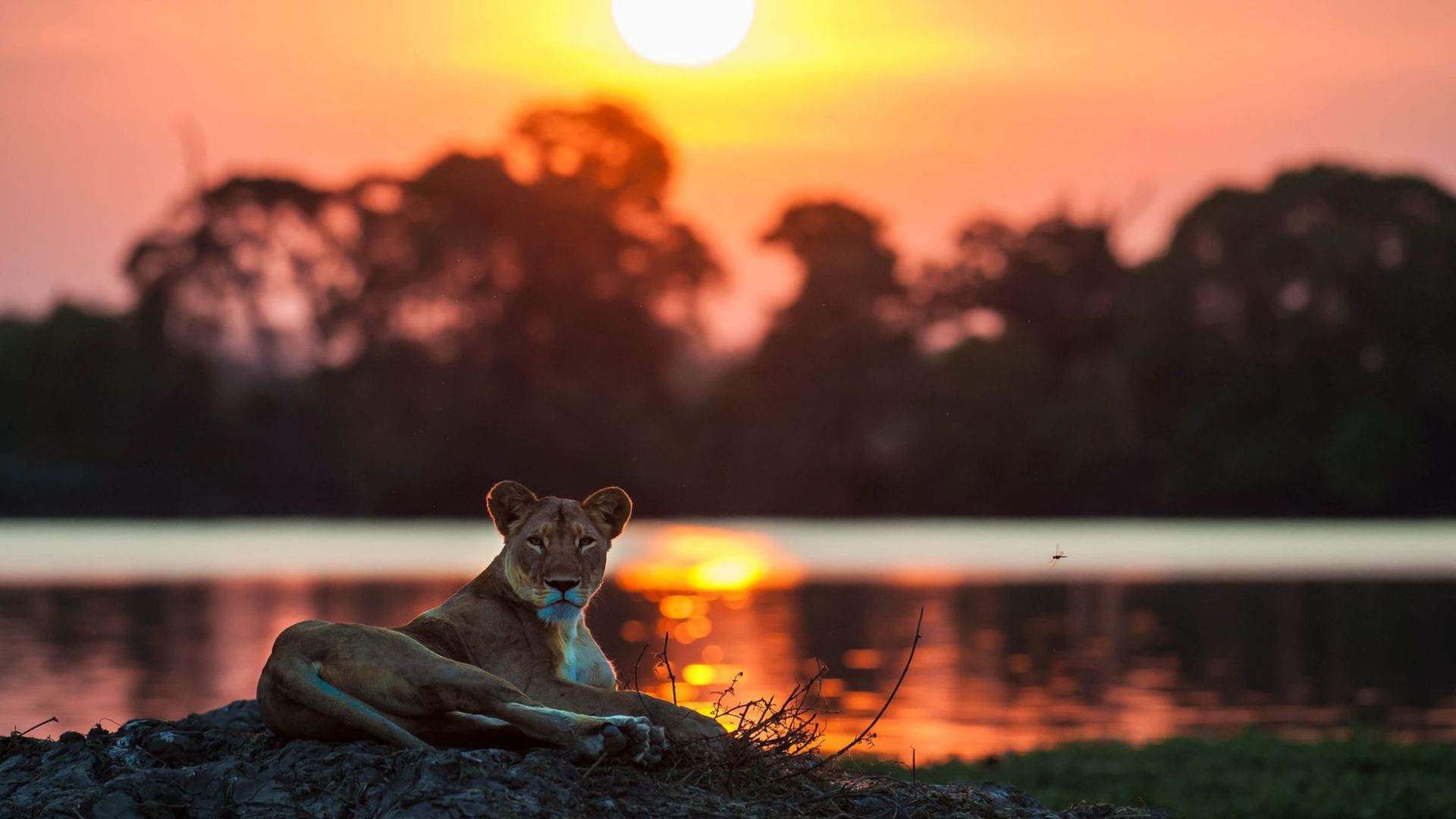
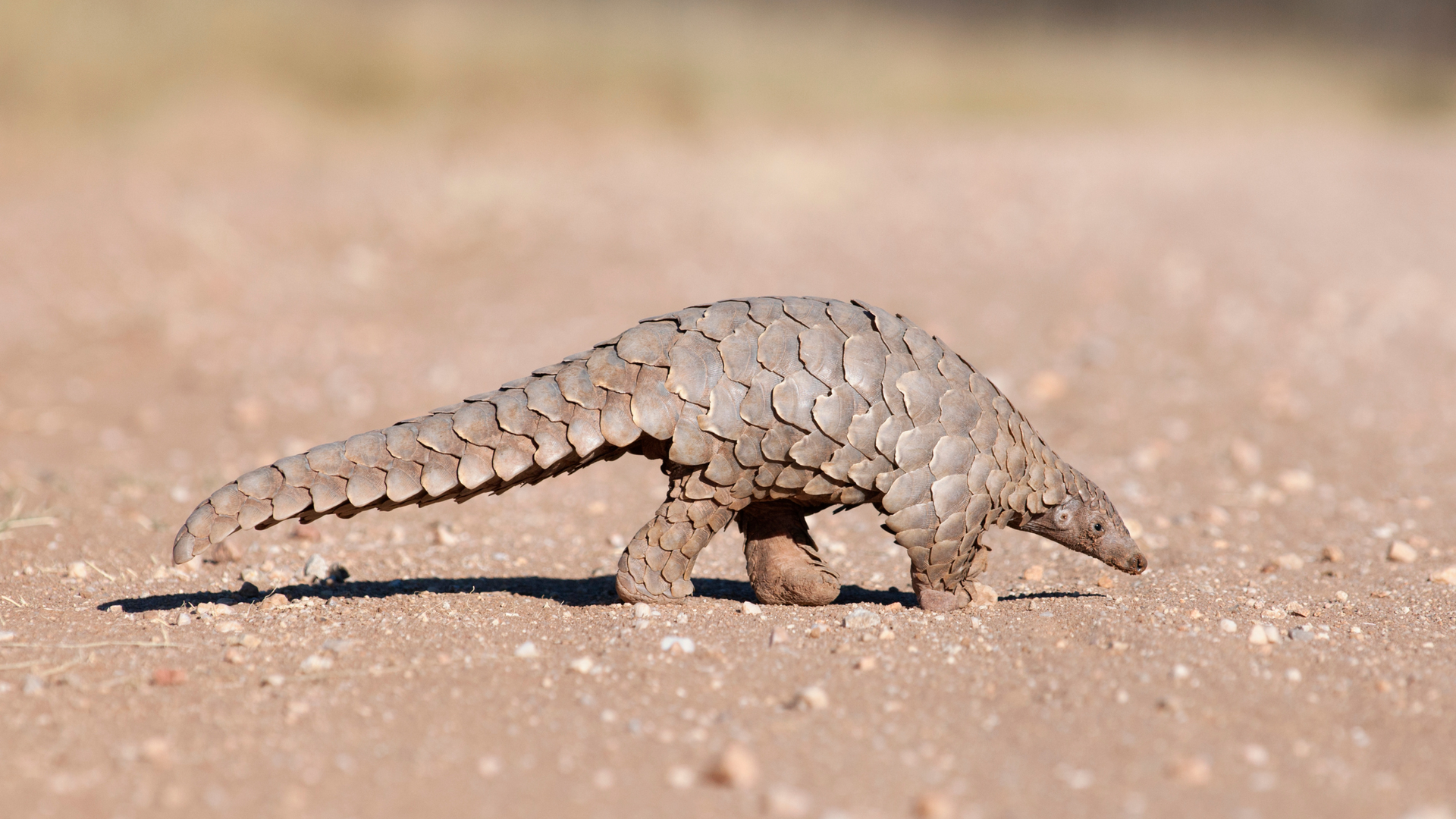
CONTACT
Send us an email and we'll get back to you soon.
Thank you for contacting us.
We will get back to you as soon as possible
Please try again later
